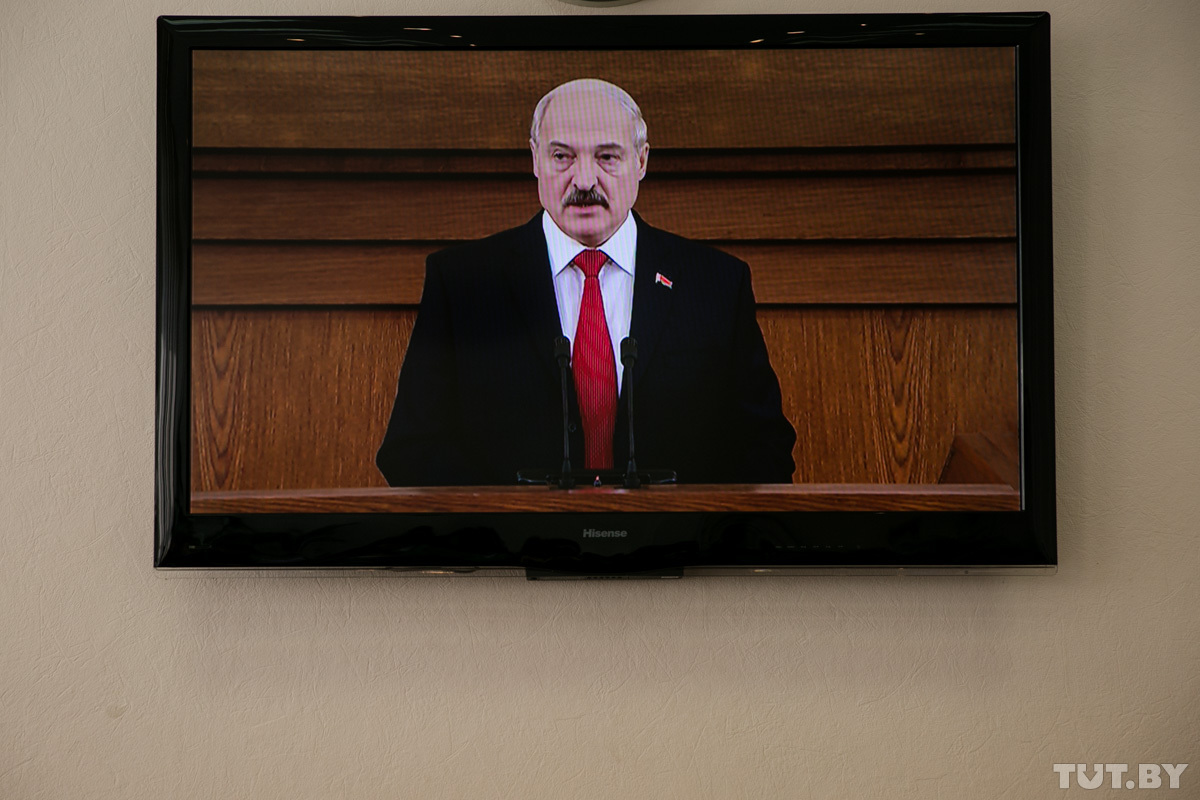The Belarusian president announced a constitutional reform and the 2019 parliamentary elections in the autumn
 The situation has not changed
The situation has not changed

Key political messages from the president’s annual address to the parliament included holding the parliamentary elections in the autumn of 2019, and presidential in 2020 and drafting constitutional amendments. Socio-economic transformations will be carried out step by step, enabling large and loyal businesses to expand. Law enforcers will further focus on large-scale anti-corruption efforts to mobilize the state machine.
The president announced that the parliamentary elections should be held on November 7th, 2019, October Revolution Day. However, most likely, the elections will be held on Sunday before or after this date. President Lukashenka has resumed his usual populist pre-election rhetoric about price regulation and wage growth in the public sector. Apparently, the plan is to keep the parliamentary elections low-profile and depoliticised.
In addition, it appears that the ruling elite is serious about developing power institutions other than the presidential power. The president has reiterated plans to hold a constitutional reform. That said, some state officials have already started a public discussion of political reforms. For example, at a round table dedicated to the 25th Anniversary of the Belarusian Constitution, participants discussed the need to strengthen the role of parliament, political parties, and/or introduce a proportional or mixed political system. However, should any of these proposals materialize, they would be carried out within a ‘guided democracy’, not leading to an enhanced role of the opposition in the government.
The president also spoke about retaining the public sector of the economy, which had a primarily social role of ensuring high employment rates. According to him, economic transformations would envisage an expansion of the private sector, however, in reality, mainly beneficial to large loyal businesses without political ambitions.
President Lukashenka instructed law enforcers to continue the anti-corruption campaign. In response, the KGB held further detentions within the so-called “case of doctors”. By doing so, amid dwindling public resources, the president has somewhat disconnected himself from public administration failures, improved his popular support, kept law enforcers on their toes, and reduced the appetites in the public sector.
In the upcoming elections, the trend towards an increase in the share of party representatives in parliament is likely to persist, however, most likely due to parties loyal to the authorities. The opposition’s prospects for winning seats in parliament remain unclear. That said, the experiment with two MPs in the current parliament representing civil society and the opposition, who had no impact on the system’s stability, speaks in favour of continuing the experiment amid pressure from the West.
Subscribe to our newsletter




Situation in Belarus
Constitutional referendum: main consequences


 Video
Video
How to count the political prisoners: are the new criteria needed?


 Video
Video
Paternalism In Decline, Belarusian Euroscepticism, And The Influence Of Russia


 Video
Video












